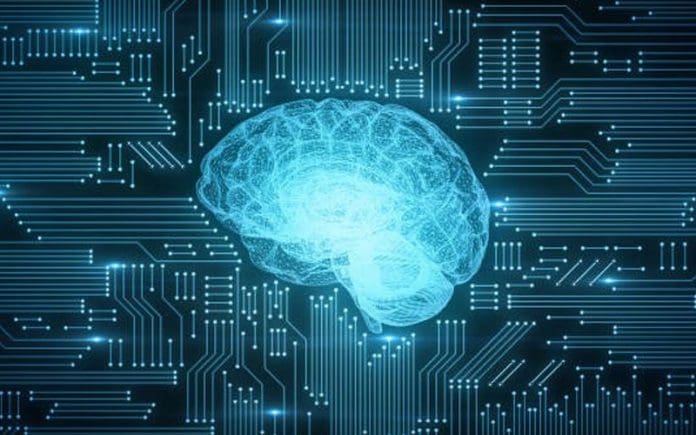Artificial Intelligence (AI) has witnessed tremendous advancements over the years, and one of the most promising developments in this field is the emergence of Adaptive AI. This cutting-edge technology is transforming traditional AI systems by imbuing them with the ability to learn and evolve in real time, making them more responsive, flexible, and efficient.
What is Adaptive AI?
Adaptive AI refers to a class of artificial intelligence systems that possess the capability to adapt and optimize their performance based on changing circumstances, feedback, and new information. Unlike traditional AI models that rely on pre-programmed algorithms and static datasets, adaptive systems can dynamically adjust their behavior and decision-making processes over time.
Key Features of Adaptive AI:
- Learning Capabilities: Adaptive AI systems are equipped with advanced machine learning algorithms that allow them to continuously learn from their experiences and interactions. These systems can analyze new data, identify patterns, and update their internal models to enhance their performance.
- Real-time Adaptation: Unlike static AI models that operate with fixed parameters, adaptive systems can adjust their responses in real-time. This ability to adapt instantaneously is precious in dynamic environments where conditions are constantly changing.
- Feedback Mechanisms: Adaptive AI relies on feedback loops to refine its understanding and decision-making processes. By incorporating feedback from users, sensors, or other sources, these systems can iteratively improve their performance and accuracy.
- Self-Optimization: Adaptive AI can autonomously optimize its own algorithms and parameters to achieve better results. This self-optimization capability reduces manual intervention and allows the system to stay relevant in evolving scenarios.
Applications of Adaptive AI:
- Healthcare: In the healthcare sector, Adaptive AI can be employed to analyze patient data, identify trends, and customize treatment plans based on individual responses. This can lead to more personalized and effective healthcare solutions.
- Finance: Adaptive AI is invaluable in the financial industry for risk management, fraud detection, and portfolio optimization. It can adapt to changing market conditions and evolving patterns of financial transactions, enhancing the accuracy of predictions and decision-making.
- Autonomous Vehicles: Adaptive AI plays a crucial role in the development of autonomous vehicles. These systems can learn from real-time traffic data, adapt to diverse driving conditions, and continuously improve their ability to navigate safely.
- Customer Service: Adaptive AI is increasingly being used in customer service applications to understand user preferences, anticipate needs, and provide more personalized and effective interactions.
- Cybersecurity: In the realm of cybersecurity, Adaptive AI can analyze network behavior, identify anomalies, and adapt its defenses to counter evolving cyber threats. This dynamic approach enhances the security posture of organizations.
Adaptive AI represents a paradigm shift in the field of artificial intelligence, moving away from static and rule-based systems toward dynamic, learning models. The ability to adapt in real time, learn from experiences, and optimize performance makes Adaptive AI a powerful tool across various industries. As this technology continues to mature, its applications are likely to expand, revolutionizing how we approach complex problem-solving and decision-making in an ever-changing world.






